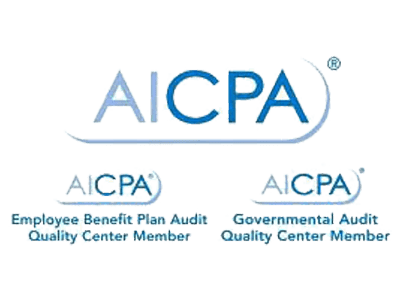1. What do I need to bring when I am having my taxes prepared?
The following are common items you should bring (if you have them):
- Wage statements (Form W-2)
- Pension or retirement income (Forms 1099-R)
- Dependents’ Social Security numbers and dates of birth
- Last year’s tax return
- Information on education expenses
- Information on the sales of stocks and/or bonds
- Self-employed business income and expenses
- Lottery and/or gambling winnings and losses
- State refund amount
- Social Security and/or unemployment income
- Income and expenses from rentals
- Record of purchase or sale of real estate
- Medical and dental expenses
- Real estate and personal property taxes
- Estimated taxes or foreign taxes paid
- Cash and non-cash charitable donations
- Mortgage or home equity loan interest paid (Form 1098)
- Unreimbursed employment-related expenses
- Job-related educational expenses
- Child care expenses and provider information
- Any other items you think might be necessary
3. How long do I keep my records and tax returns?
It is recommended that you keep these records and returns permanently.
2. What are the differences between a traditional IRA and a Roth IRA?
Generally, a traditional IRA allows you to deduct contributions made to the IRA. Generally, distributions of a traditional IRA are included as income on your return when you withdraw from the traditional IRA.
A contribution to a Roth IRA is not deductible. Generally, distributions from a Roth IRA are not included as income, if held for a certain period of time.
4. How should I keep records for my business driving?
Keep a log in your vehicle and record the purpose and mileage of each trip.
You also need to record the odometer readings at the beginning and end of each year, as the IRS will ask you for total miles driven during the year.
Keep your repair bills, as these normally record odometer readings when the car is serviced.
5. Can I deduct expenses for a business run out of my home?
If you use a portion of your home for business purposes, you may be able to take a home office deduction whether you are self-employed or an employee.
Expenses you may be able to deduct for business use of your home may include:
- The business portion of real estate taxes
- Mortgage interest
- Rent
- Utilities
- Insurance
- Depreciation
- Painting
- Repairs
You can claim this deduction only if you use a part of your home regularly and exclusively as:
- Your principal place of business for any trade or business
- A place to meet or deal with your patients, clients or customers in the normal course of your trade or business
Generally, the amount you can deduct depends on the percentage of your home that you used for business. Your deduction will be limited if your gross income from your business is less than your total business expenses.







